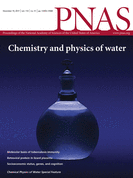 In 2016, researchers at Oregon State University published a paper in PNAS that surprised the research community. They showed that certain fish species travel with their siblings — even fighting against the currents of the Pacific Ocean to stay together.
In 2016, researchers at Oregon State University published a paper in PNAS that surprised the research community. They showed that certain fish species travel with their siblings — even fighting against the currents of the Pacific Ocean to stay together.
Needless to say, the research community was skeptical, given how difficult a feat this would be. And their skepticism appears to have been warranted.
Recently, the authors — led by Su Sponaugle — retracted the paper, saying a re-analysis of their data using newly developed research tools has erased their confidence in the results. According to Sponaugle, the quick reversal was thanks to the new technology and open data sharing, which led their findings to be successfully challenged within months of publication. She said her team conducted the study with the “best available knowledge we had at the time,” including what they thought were the most advanced tools available to them:
Continue reading PNAS retraction weakens theory that fish travel with siblings

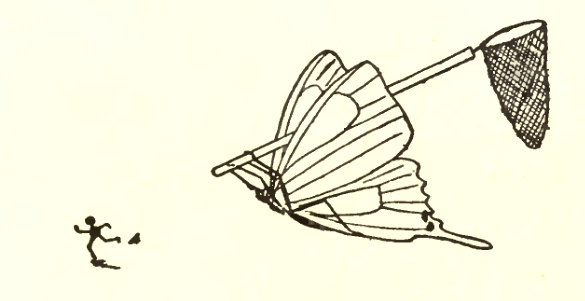
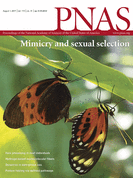 A once-prominent researcher in the field of infectious disease — who was found
A once-prominent researcher in the field of infectious disease — who was found 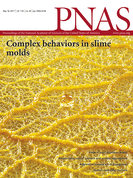
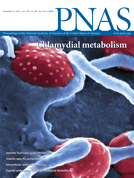 In 2012,
In 2012, 

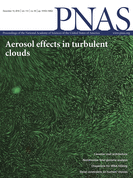 By now, most of our readers are aware that some fields of science have a reproducibility problem. Part of the problem, some argue, is the publishing community’s bias toward dramatic findings — namely, studies that show something has an effect on something else are more likely to be published than studies that don’t.
By now, most of our readers are aware that some fields of science have a reproducibility problem. Part of the problem, some argue, is the publishing community’s bias toward dramatic findings — namely, studies that show something has an effect on something else are more likely to be published than studies that don’t.